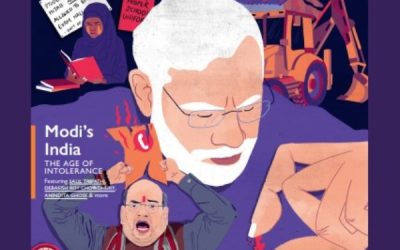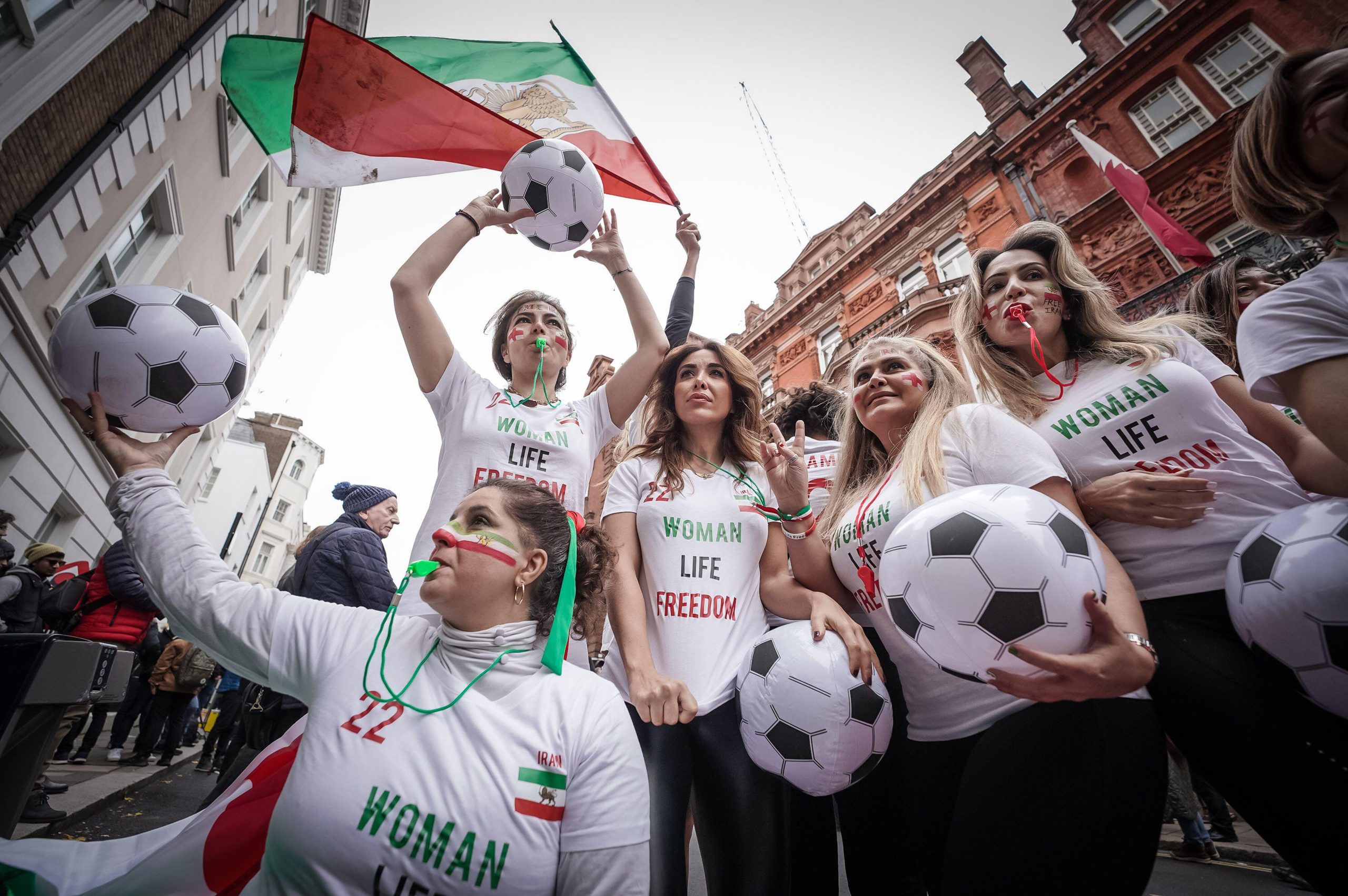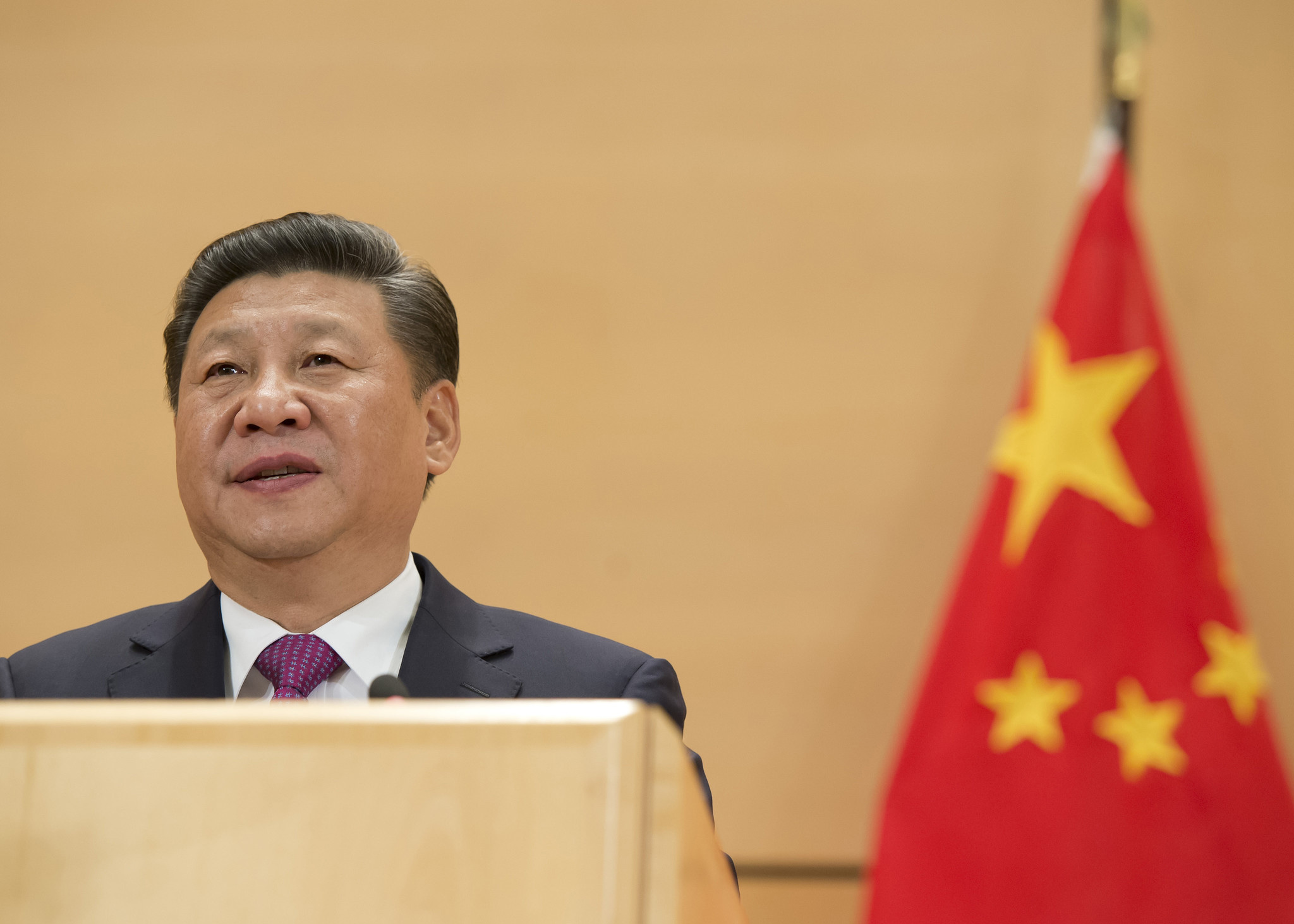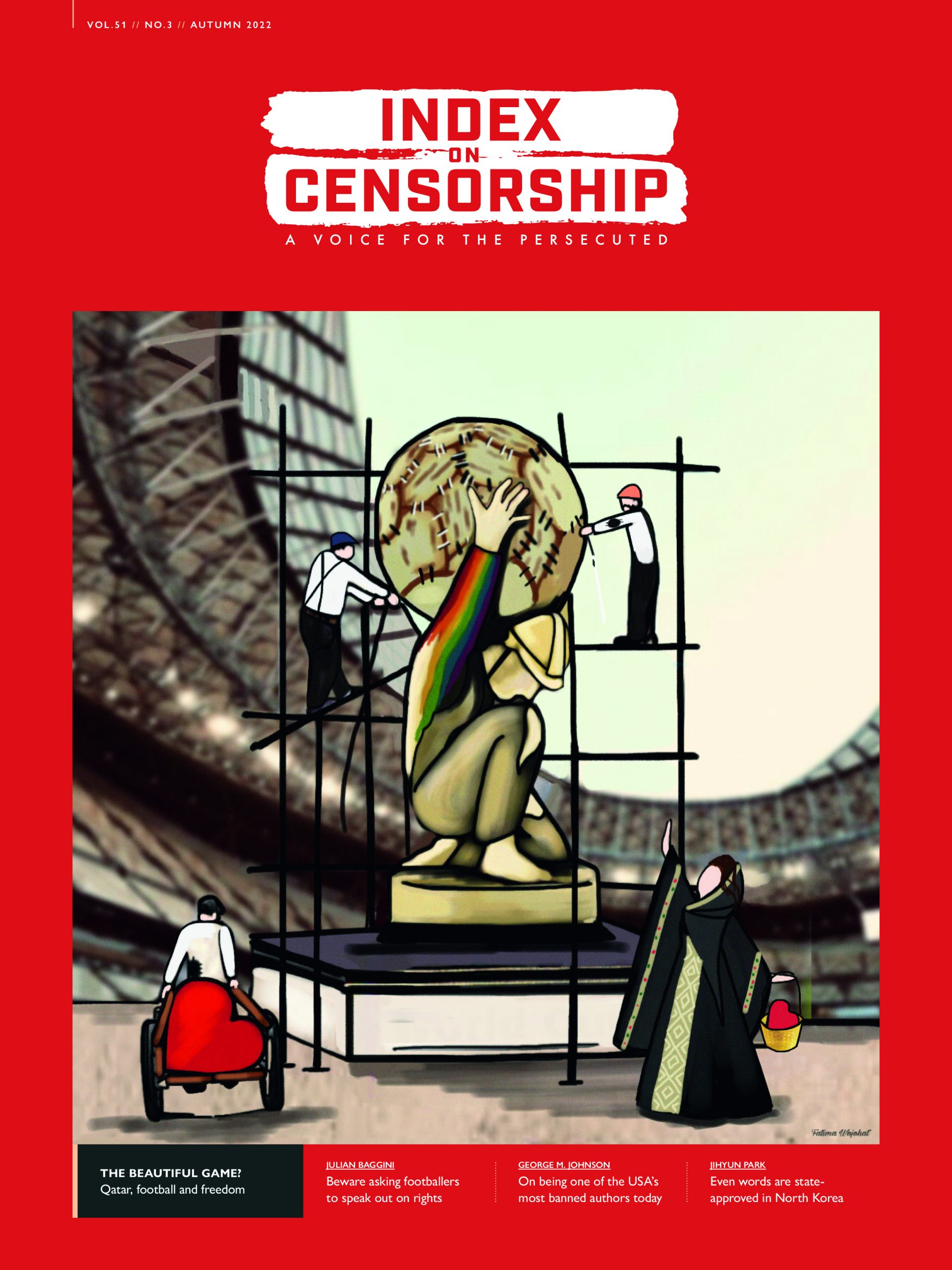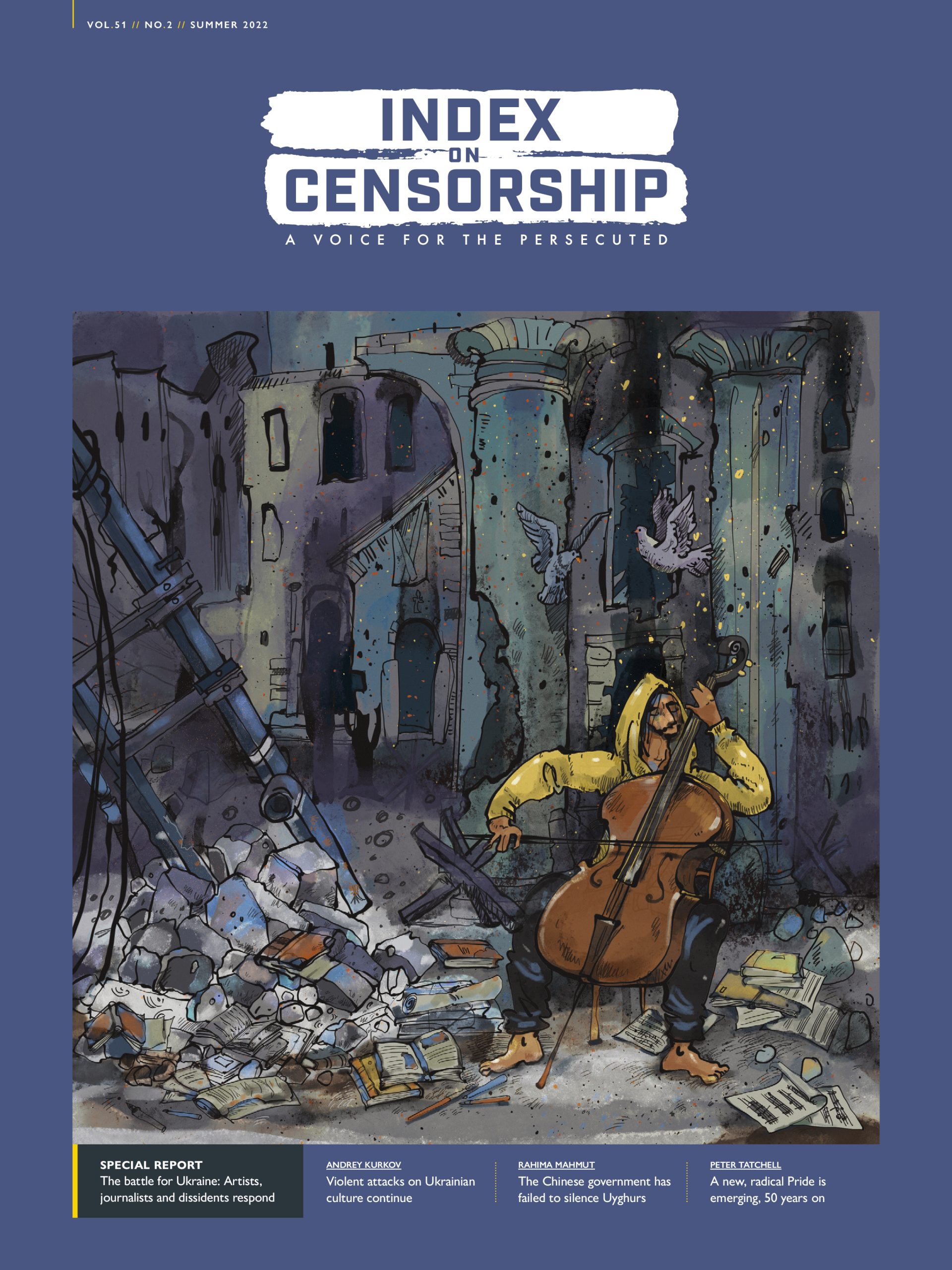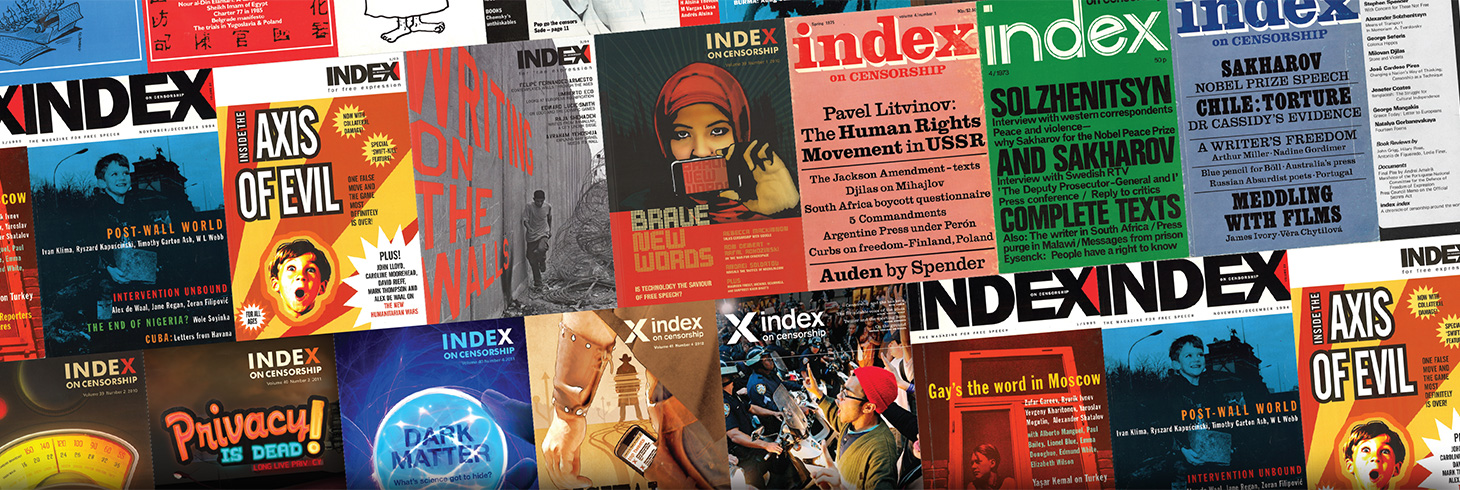[vc_row][vc_column][vc_column_text]FEATURING[/vc_column_text][/vc_column][/vc_row][vc_row][vc_column...
CATEGORY: Magazine
Failed empty gesture 0 – 1 Strong silent stand
The Iranian team’s defiant stand against oppression at the World Cup in Qatar puts everyone else to shame
How ‘industrial football’ was used to silence protests
Football fans turned out in large numbers during the Gezi Park protests in Istanbul. They’ve paid the price since
Xi’s real China dream
China’s leader is football mad and he has put the sport at the forefront of many initiatives. When it comes to the nation’s freedoms that’s been a mixed blessing
Refereeing rights: Why we shouldn’t expect footballers to hand out human rights red cards
Do sports stars have a duty to be politically active? A leading philosopher argues that the responsibility lies elsewhere
How well do you know the beautiful game?
What do you know about the intersection of human rights and football? Take our quiz and find out
Contents – The beautiful game? Qatar, football and freedom
[vc_row][vc_column][vc_column_text]The autumn issue of Index takes as its central theme the FIFA World Cup that will take place in Qatar in November...
The beautiful game? Qatar, football and freedom
The hosting of the 2022 World Cup in Qatar has caused global outrage, with many calling for a boycott of the event. As we approach November, when the tournament will start, we decided to turn the lens to the question of football and freedoms. We set out with a simple question: “Is football bad for free speech?” And yet the answer was complex. Kaya Genc writes about Turkish President Reccep Erdogan buying up sporting clubs to stop the arenas being used for protest; China’s leader Xi Jinping force-feeds the nation’s kids a diet of soccer while Uyghur footballers playing for Chinese teams are paraded as examples of racial harmony. Against these negatives are stories of remarkable positivity. Permi Jhooti, the real-life inspiration for Bend It Like Beckham, says football gave her a voice to challenge the traditions she had been raised in. The same applied to Khalida Popal, the first captain of Afghanistan’s women’s team. We asked a leading philosopher, Julian Baggini, whether we should expect the world’s footballers to speak out against atrocities. His answer was no. We asked an activist from Qatar whether we should boycott the tournament. His answer was yes. Beyond the special report, we interview the activist Benedict Rogers, Martin Bright looks at the history of reggae in Poland, we report on “banned books clubs” in the USA and Flo Marks writes about the erasure of bisexual identities.
Read Salman Rushdie from the Index on Censorship archives
On 12 August 2022, Salman Rushdie, the author of the book The Satanic Verses, was attacked as he prepared to give a lecture at the Chautauqua Institution, an arts and education centre in New York state.
Fifty years of Pride and prejudice
Pride started as a way to give voice to the silenced, but it lost its way. Ahead of its 50th anniversary, a new protest movement has emerged
Cancelling Russian culture is today’s moral imperative
Putin has used Russian culture to further his aims. Promoting it today risks furthering his agenda, writes Marina Pesenti
Contents – The battle for Ukraine: Artists, journalists and dissidents respond
The summer issue of Index magazine concentrated its efforts on the developing situation between Russia and Ukraine and consequential effects around...
A quarterly journal set up in 1972, Index on Censorship magazine has published oppressed writers and refused to be silenced across hundreds of issues.
The brainchild of the poet Stephen Spender, and translator Michael Scammell, the magazine’s very first issue included a never-before-published poem, written while serving a sentence in a labour camp, by the Soviet dissident Aleksandr Solzhenitsyn, who went on to win a Nobel prize later that year.
The magazine continued to be a thorn in the side of Soviet censors, but its scope was far wider. From the beginning, Index declared its mission to stand up for free expression as a fundamental human right for people everywhere – it was particularly vocal in its coverage of the oppressive military regimes of southern Europe and Latin America but was also clear that freedom of expression was not only a problem in faraway dictatorships. The winter 1979 issue, for example, reported on a controversy in the United States in which the Public Broadcasting Service had heavily edited a documentary about racism in Britain and then gone to court attempting to prevent screenings of the original version. Learn more.

